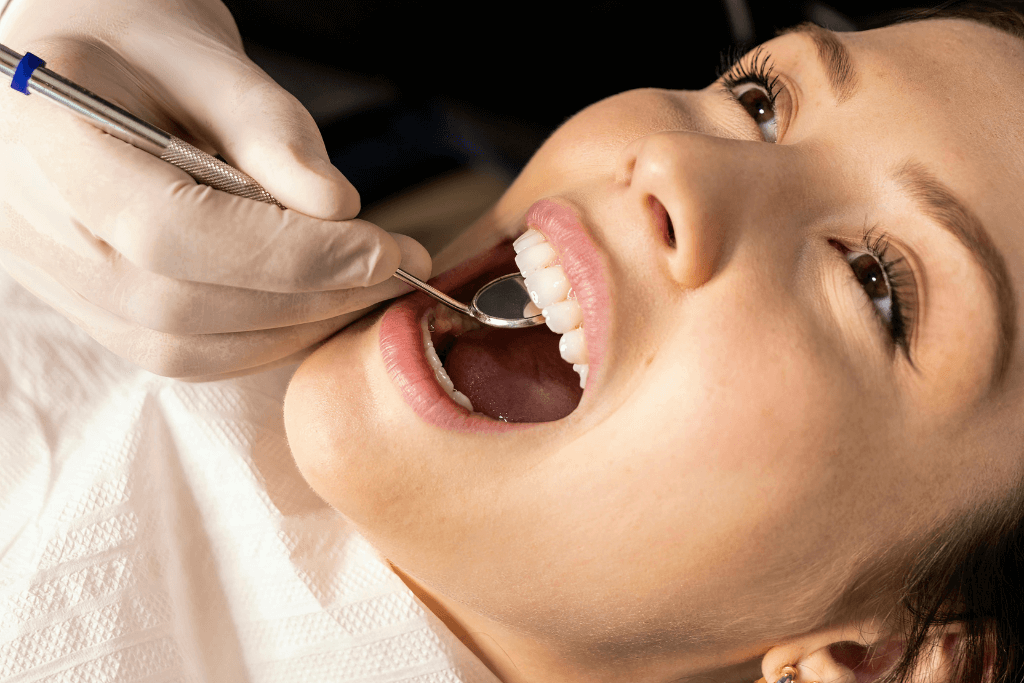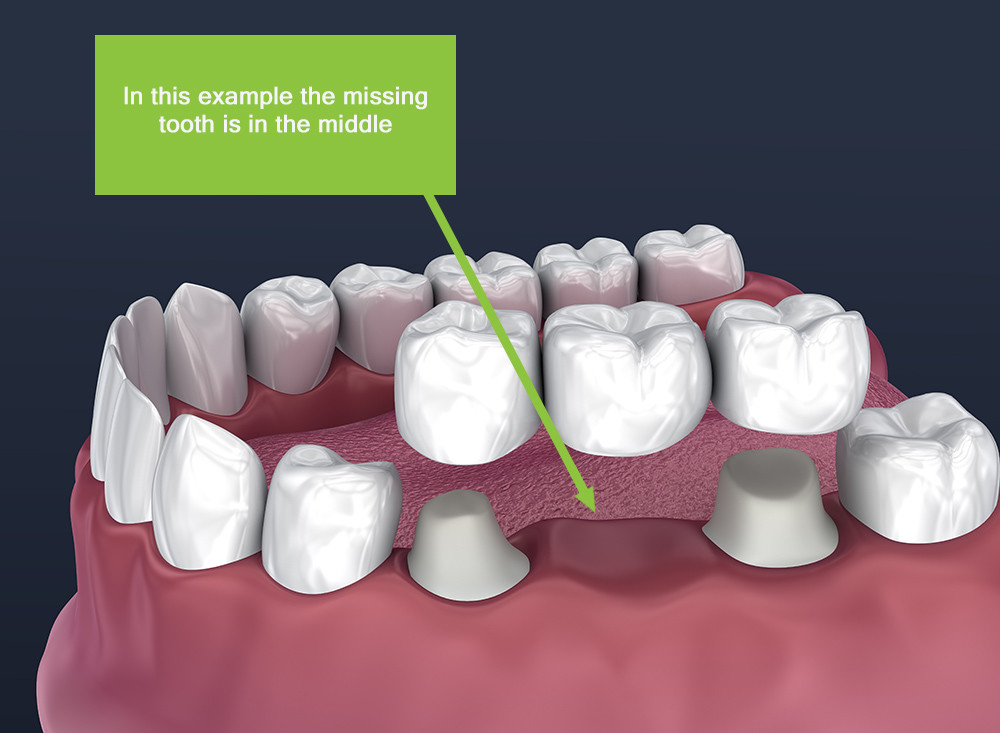Table of Contents
ToggleOral cancer can develop in anyone, often without obvious warning signs. Many people believe only smokers are in danger, but the reality is broader. Early detection is one of the most important tools in defending your oral health, improving comfort, and preserving your overall well-being. Regular oral cancer screenings are a reliable and effective way to catch small problems before they become larger and more difficult to treat.
Many residents of Brampton may not realize that oral cancer can affect anyone, regardless of age, family history, or habits. Often, these cancers show up with subtle symptoms, making professional screening essential for everyone. Ignoring routine checks can lead to late-stage diagnoses, which are much harder to treat. By understanding the facts and following sound advice, residents can take meaningful steps and seek a professional Brampton Dentist to protect themselves.
Why Oral Cancer Screenings Matter
The risks tied to oral cancer go far beyond tobacco use or drinking alcohol. While those are classic risk factors, genetic history, HPV infection, extended sun exposure (which affects the lips), poor oral health, and even a diet low in fruits and vegetables all play a role. Anyone with a mouth is at risk, regardless of habits.
Early detection changes everything. If you find oral cancer in its early stages, chances of a full recovery go up sharply. Oral cancer often starts quietly, with mild symptoms that are easy to overlook. Catching it fast means less invasive treatment, lower costs, and better long-term health.
Fast Oral Cancer Facts
- Oral cancer makes up about 3% of all cancer cases in Canada every year.
- Survival rates are much higher when oral cancer is found early.
- The most common sites for oral cancer are the tongue, lips, and floor of the mouth.
- Typical warning signs include sores that do not heal, lumps or bumps, and unexplained bleeding.
Pay attention to symptoms like ongoing mouth sores, lumps, swelling, unhealed ulcers, or unexplained bleeding. These are signs and symptoms that should prompt a dental visit. For more on how these symptoms are checked or diagnosed, visit oral pathology Brampton services.
Understanding Oral Cancer: Essential Facts Everyone Should Know

- About 5,400 Canadians are diagnosed with oral cancer each year.
- Men are slightly more likely to develop oral cancer, but women are also at risk.
- If left untreated, oral cancer can spread to the jaw, neck, and distant organs.
- Regular dental visits are key for early detection, even if you think you're low-risk.
Common Oral Cancer Warning Signs
- Persistent mouth sores that do not heal after two weeks
- Lumps or thick patches in the cheek, tongue, or gums
- Unexplained bleeding anywhere in the mouth
- Difficulty swallowing, chewing, or moving your jaw
- Numbness in the mouth or on the tongue
- Red or white patches that do not go away
- Ongoing throat pain or hoarseness
What Happens During an Oral Cancer Screening?

Most people are surprised by how simple and quick an oral cancer screening is. The dentist checks the soft tissues of your mouth, lips, tongue, cheeks, and throat, looking for anything unusual.
Expect a visual exam first. The dentist will use a bright light and a small mirror to check all around your mouth. Sometimes, they will gently press or feel for lumps in your neck or jaw. If needed, special lights or dyes are used to spot abnormal cells. The entire process is painless and takes only a few minutes.
Most adults should have an oral cancer screening at least once a year. People with risk factors (such as past tobacco or alcohol use or a family history) may need more frequent checks.
If you are searching for a dental clinic Brampton residents trust, Mayfield Dental has experienced professionals who make oral cancer screening part of every routine checkup. Book regular visits as part of a complete oral health plan.
How Dental Clinics Screen for Oral Cancer
- Visual Inspection: The dentist checks your lips, cheeks, palate, throat, and tongue for any colour changes, swelling, or sores.
- Physical Palpation: Using gloved hands, the dentist gently feels inside your mouth and around your neck for lumps or irregular tissue.
- Use of Special Tools: Sometimes, a blue dye or special light helps spot suspicious tissue that's hard to see.
- Notes and Next Steps: If any areas need closer investigation, the dentist records their findings and may recommend further testing or a biopsy.
Where to Get an Oral Cancer Screening in Brampton
Oral cancer screenings are widely available at dental offices across Brampton. Not all clinics have the same level of expertise, so it’s important to choose a Brampton dentist at Mayfield Dental who understands the process and has experience with oral cancer detection.
Here are the steps for Brampton residents:
- Schedule a screening at a trusted clinic as part of your regular oral health check.
- Make screenings an annual routine, especially if you fall into a higher-risk group.
- Ask your dentist how often you should have screenings based on your age, family history, and personal habits.
Conclusion
Oral cancer screenings belong on everyone’s list of priorities, not just for those with obvious risk factors. Regular checks keep your smile healthy, protect your comfort, and may even save your life through early detection.
Preventive steps can save you pain, money, and stress. Whether it’s your first screening or you need an annual check, staying on top of your oral health will serve you now and in the future.
If you live in Brampton and have not had an oral cancer screening recently, now is the right time. Book your next screening with a trusted Brampton dentist and take an important step toward lasting health and peace of mind.




